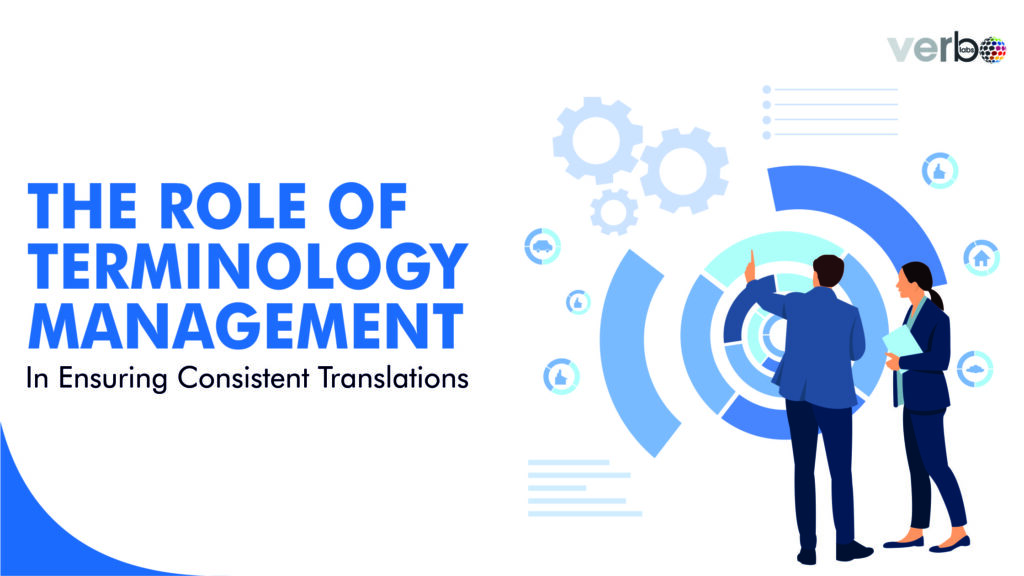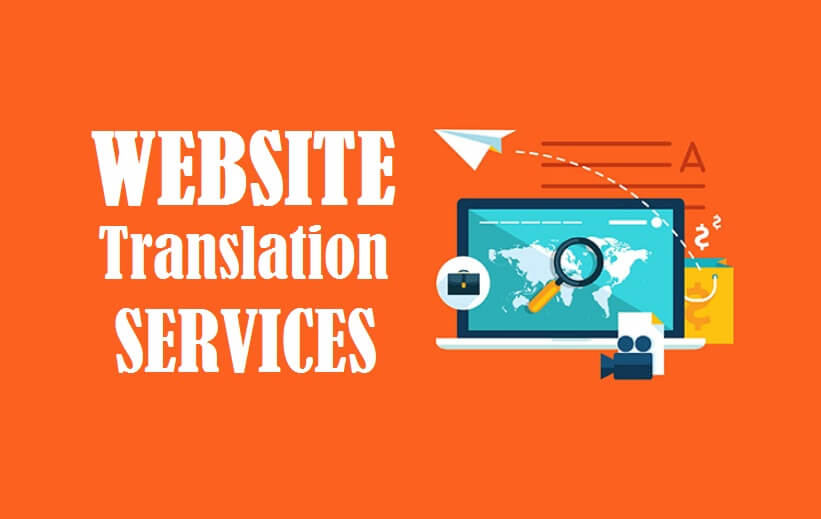Have you ever tried reading your medical report without any prior medical knowledge? If the answer is yes, then you might have found it challenging to understand the meaning of the terms written in your medical report and are unable to know the actual results. The given example shows that to understand such technical documents, a person needs to know the meaning of all its terms. And at the time of translating such documents, the translator must know all the terminologies in medical, financial, legal or technical translation. Terminology management plays a crucial role by ensuring consistent translations across various language pairs and documents. The translator who knows the importance of terminology management and has the required knowledge of technical translation can be provided by Professional Translation Services.
Meaning of Terminology Management
The systematic and purposeful process of arranging, standardizing, and regulating the terminology or particular terms used in a given field, industry, or language is referred to as terminology management. Ensuring consistency, correctness, and clarity in communication entails locating, defining, and managing the terminology and its equivalents in many languages. In technical, scientific, legal, medical, and other specialized sectors where precise and consistent terminology is essential for accurate communication, terminology management is particularly significant. It helps preserve consistency in documentation and communication within a single domain or across languages and cultures, improves translation quality, boosts domain-specific expertise, and prevents misunderstandings.
Terminology management encompasses various activities, including:
- Term identification – Identifying relevant terms and concepts within a specific domain or subject area.
- Definition and description – Provide clear and precise definitions and explanations for each term to establish a common understanding.
- Term extraction – Extracting terms from source texts, documents, or domain-specific resources to compile a list of keywords.
- Term validation – Validating and verifying the accuracy and appropriateness of terms through research, consultation with subject matter experts, and reference to reliable resources.
- Term standardization – Establishing standardized terms and their translations in different languages to ensure consistency and avoid confusion or ambiguity.
- Term categorization and classification – Organizing terms into categories, classes, or hierarchies based on their relationships and attributes.
- Term documentation – Creating and maintaining a repository or database of terms, often referred to as a glossary or termbase, along with their definitions, translations, and relevant contextual information.
- Term dissemination and communication – Sharing and communicating the approved terminology to translators, writers, editors, and other stakeholders involved in creating content to ensure consistent usage.
- Term maintenance and updating – Regularly reviewing and updating the terminology resources to reflect changes, additions, or modifications in terms due to evolving language, industry developments, or discoveries.
Ensured Consistent Translations with Terminology Management
Terminating management is essential to guarantee accurate translations across numerous language pairings and documents. A multilingual setting entails systematically managing terms or particular words and phrases with specific meanings. The following are some essential components of terminology management and how they help ensure accurate translations:
Terminology Standardization
To keep translations consistent, standardized terminology must be established. A lexicon or database of accepted terminology and their translations into many languages must be created to do this. By sticking to these standardized words, translators can maintain consistency and prevent inconsistencies or confusion.
Terminology Research
To find the most acceptable and accurate terms for translation, translators and other language experts must perform extensive terminology studies. For this study, it is necessary to consult a variety of sources, including terminology databases for different industries and subject-specific dictionaries and glossaries. The translated information will accurately reflect the source text and adhere to the intended meaning when the terminology is consistent.
Creating Terminology Resources
The production and upkeep of terminology resources, such as glossaries, termbases, or translation memory tools, is referred to as terminology management. These sources give translators a reference for accepted words and their translations, assisting them in keeping their document translation service consistent. To maintain uniform terminology usage across several documents and languages, terminologists working on the same project or within the same organization might share terminology resources.
Collaboration and Communication
Collaboration and communication between translators, subject matter experts, and other parties participating in the translation process are essential for effective terminology management. Translators may consult subject-matter experts to clarify terminology or get input on their translations. Maintaining consistency through regular communication also helps clear up any language ambiguities or questions.
Quality Assurance
The complete process of quality assurance in translation benefits from terminology management. The readability and understanding of translated information are improved by consistent terminology use. Maintaining brand identification and effectively communicating the intended message are other benefits. Terminology management helps translate documents more accurately by providing consistent translations, which also helps to avoid errors and rework.
Updating and Maintenance
The terminology used now changes with time since language is dynamic. Terminology management necessitates routine updating and upkeep as new phrases are developed or as current terms shift in meaning. The latest terms in their fields should be kept up to date, and translators and other language experts should update the terminology resources as needed. By maintaining consistency and using the most recent terminology, this continual process guarantees accurate Document translation.
Conclusion
Understandably, terminology management plays a significant role in consistent and accurate translation. For any technical, scientific, legal, medical, and other specialized fields translator must be meticulous about the meaning of the terms. Hence, it is clear that for Global Business Expansion Using Translation Services is extremely crucial. Verbolabs can provide you with consistent language translation services by using terminology management effectively.



